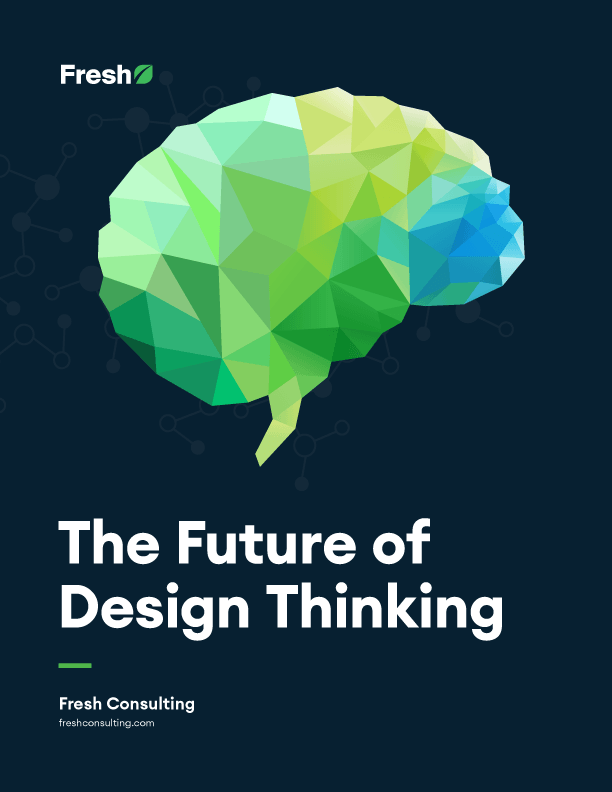Article
Understanding What We Really Mean When We Use the Word “Innovation”

Scott Berkun, author of the book “The Myths of Innovation,” recently suggested that we use the word innovation too often in a vague way and we have diverse intended meanings. I can’t argue with him. It’s used carelessly to suggest a number of different things and has lately been a popular buzz word for nearly anything. That’s why I started off this blog writing a post that suggested a summary Innovation definition after reviewing 30 others. My summary definition suggests innovation is something fresh that we value.
Berkun’s well written argument published here at Harvard Business Review suggests that we use the word innovation to simply mean something “great.” He cites things like the Apple iPhone, Google search engine, and Pixar’s films as examples of output we all herald as innovative…not b/c they were the first ones, but because they produced great output many of us love. He also suggests that people classed as innovative are not thinking about innovation or trying to be innovative, rather, they are just focused on great output…and innovation is the perception of successful output by the masses.
Berkun has good reasoning here—because something perceived as “Great” by common consent could mean that we all value something that has impacted us. This is one key ingredient to the definition of innovation.
While I believe Berkun’s explanation helps simplify the implied meanings that go along with using the over-used “innovation” verbiage, I believe it’s still missing something…because “great” things are not always innovative. There are great products that we all love… reliable barbeques, cars, planes, microwaves, music players that are not innovative. Great may mean reliable, safe, or quality. Things may be coined “great” by simply meeting a standard/expectation. A microwave may be “great” because it never breaks down or a car may be “great” because it gets good gas mileage. Clearly, “great”, like “innovation”, can also be very vague and ambiguous.
All great products may have at one time been innovative when they were first out (i.e. the first car, the first barbeque, the first plane, the first microwave), but as Berkun illustrates in his article, being first is not a requisite for being innovative. Those that are first in a category are by default new, but being new isn’t the sole qualifier for innovation nor is it required to be innovative.
Its also no easy task to create something great valued by masses, so kudos must be given to Apple, Google, and Pixar for creating sophisticated stuff yet so elegantly simple for the masses to understand, appreciate, and use, but we label these companies as “innovative” for something MORE than just “great” products. So if being “great” does not wholly mean innovative and if being “first” does not wholly mean innovative, what does? I believe it’s the combination of the two.
The other missing meaning associated with “innovation” is that it must also be fresh. This may mean that only part of the item is new. The Apple iPhone wasn’t the first smartphone and the iPod wasn’t the first music player, but they were completely fresh approaches and many intuitive elements were new. The Pixar films also took on fresh imaginative approaches that were valued by users/watchers and Google built something elegantly simple and intuitive for us to use, yet extremely complex under the hood.
My colleague from Deloitte Consulting’s strategy practice, Brent Dance (and cousin), corroborated, with this paraphrased explanation:
“Fresh is different, intuitive, and imaginative….like when we see something like the iPhone and it just feels like it should have always worked like this, as if everything to date has failed to perk our imagination until this “fresh” concept came along. It’s more than great because it MEETS our imagination. In short, I believe the word “innovative” is a human attempt at explaining a phenomenon that we feel but can’t explain in words … but we do know it is something not only great that impacted us, but also something imaginative, different, pragmatic, and elegantly simple.”
If innovation is also associated with our human feelings, as Brent suggests, it’s no wonder it is used so differently, and yet, this does not mean it doesn’t deserve definition. Innovation should be defined—and “fresh” + “great” (something we value) makes our intended meaning of innovation whole. While that may still be ambiguous, it may further clarify our usage and help us better understand our intended meaning.









